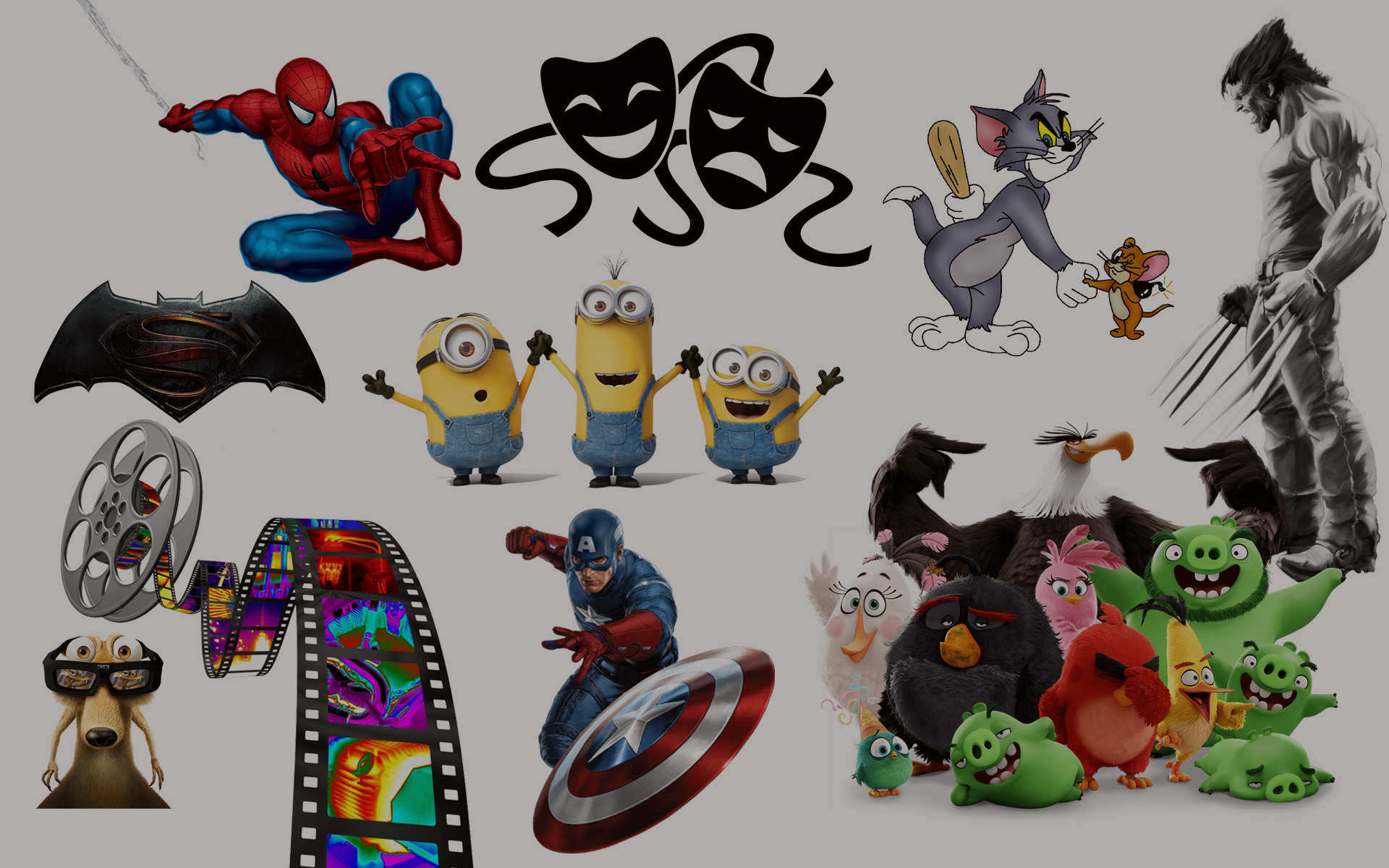
Know About Latest Tax Proposals on Black Money By India Government
November 30, 2016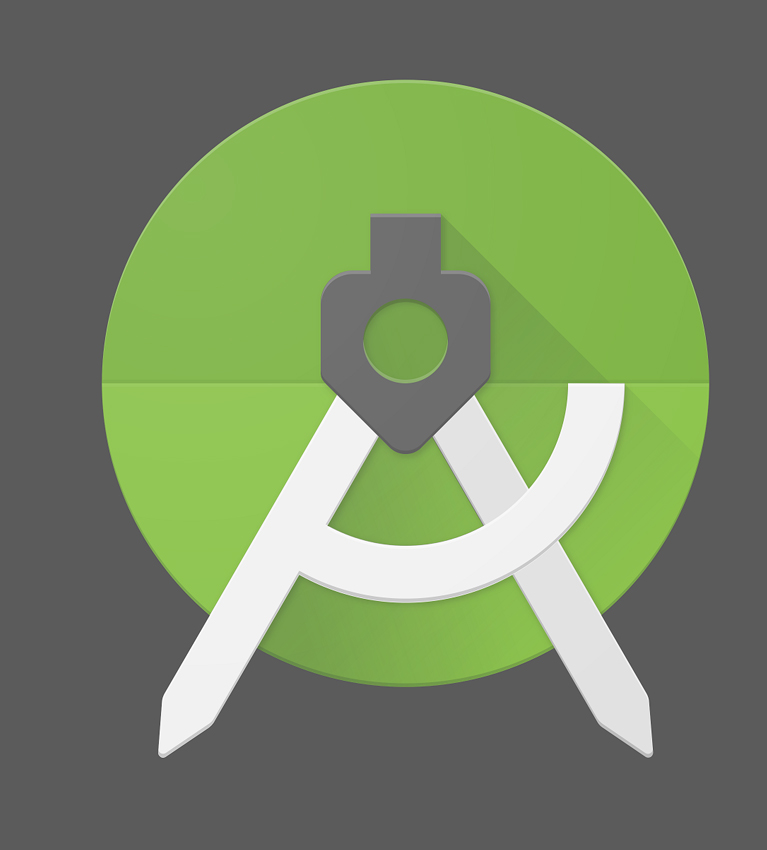
Android Studio : Best IDE for Android Apps Development
December 9, 2016What is Framework ?
P
HP, known as the most popular server-side scripting language in the world, has evolved a lot since the first inline code snippets appeared in static HTML files.
These days developers need to build complex websites and web apps, and above a certain complexity level it can take too much time and hassle to always start from scratch, hence came the need for a more structured natural way of development. PHP frameworks provide developers with an adequate solution for that.
In this post we carefully handpicked 10 popular PHP frameworks that can best facilitate and streamline the process of backend web development.
Why Use PHP Framework
But first, let’s take a look at the top reasons why many developers like to use PHP frameworks and how these frameworks can level up your development process. Here’s what PHP frameworks do :
- Make speed development possible
- Provide well-organized, reusable and maintainable code
- Let you grow over time as web apps running on frameworks are scalable
- Spare you from the worries about low-level security of a site
- Follow the MVC (Model-View-Controller) pattern that ensures the separation of presentation and logic
- Promote modern web development practices such as object-oriented programming tools
Laravel
Although Laravel is a relatively new PHP framework (it was released in 2011), according to Sitepoint’s recent online survey it is the most popular framework among developers. Laravel has a huge ecosystem with an instant hosting and deployment platform, and its official website offers many screencast tutorials called Laracasts.
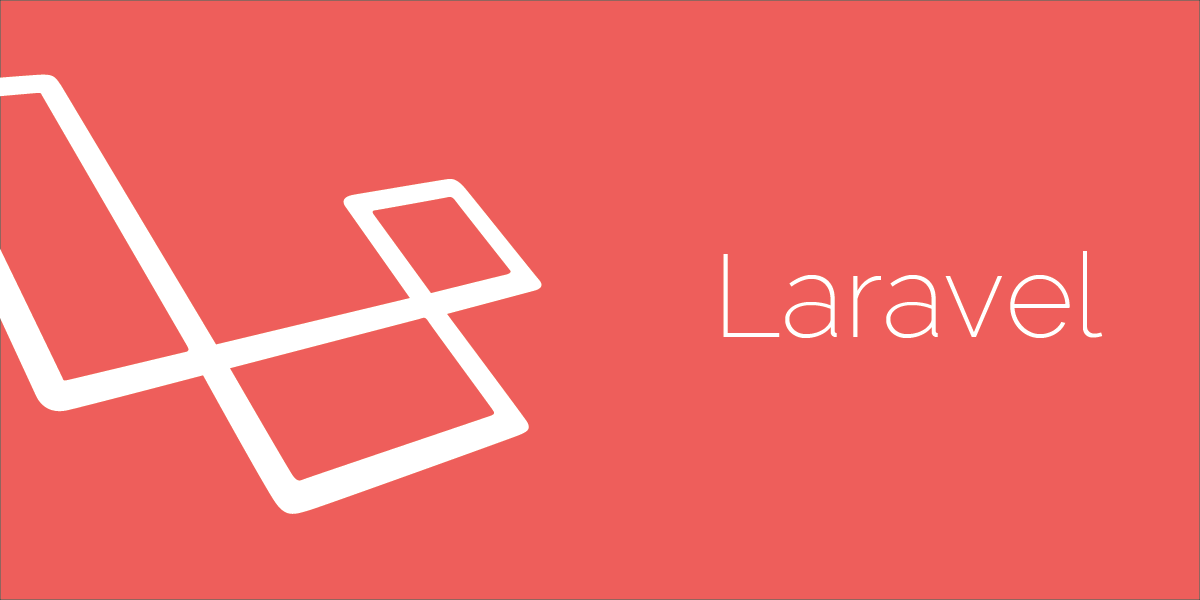
Laravel has many features that make rapid application development possible. Laravel has its own light-weight templating engine called “Blade”, elegant syntax that facilitates tasks you frequently need to do, such as authentication, sessions, queueing, caching and RESTful routing. Laravel also includes a local development environment called Homestead that is a packaged Vagrant box.
Symfony
The components of the Symfony 2 framework are used by many impressive projects such as the Drupal content management system, or the phpBB forum software, but Laravel – the framework listed above – also relies on it. Symfony has a wide developer community and many ardent fans.
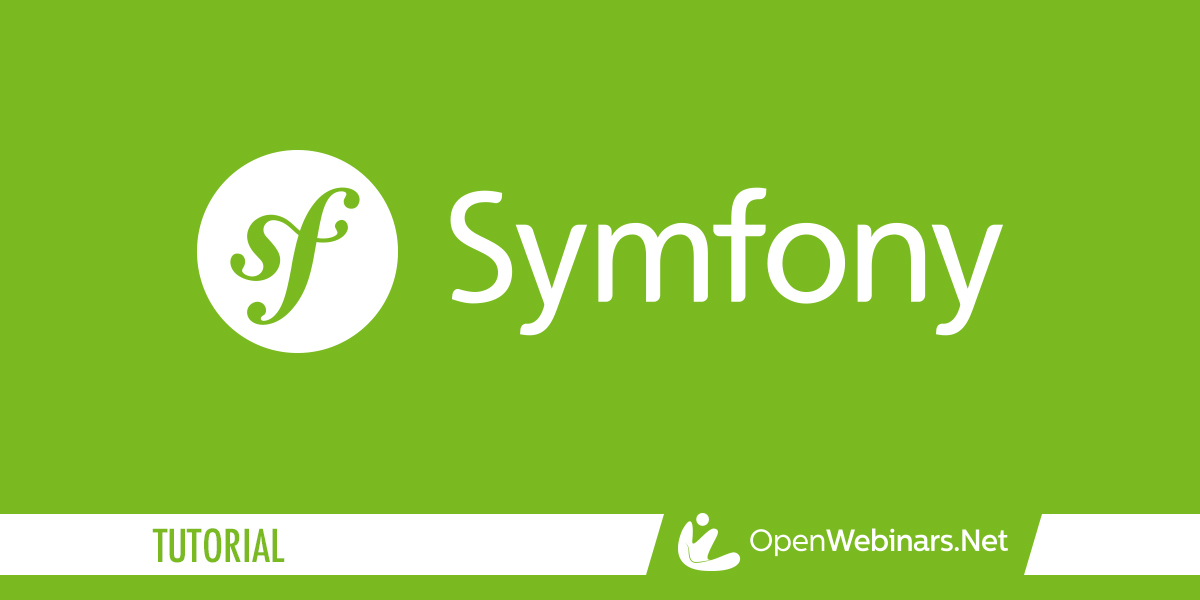
Symfony Components are reusable PHP libraries that you can complete different tasks with, such as form creation, object configuration, routing, authentication, templating, and many others. You can install any of the Components with the Composer PHP dependency manager. The website of Symfony has a cool showcase section where you can take a peek at the projects developers accomplished with the help of this handy framework.
Yii 2
If you choose the Yii framework you give a boost to the performance of your site as it’s faster than other PHP frameworks, because it extensively uses the lazy loading technique. Yii 2 is purely object-oriented, and it’s based on the DRY (Don’t Repeat Yourself) coding concept, so it provides you with a pretty clean and logical code base.
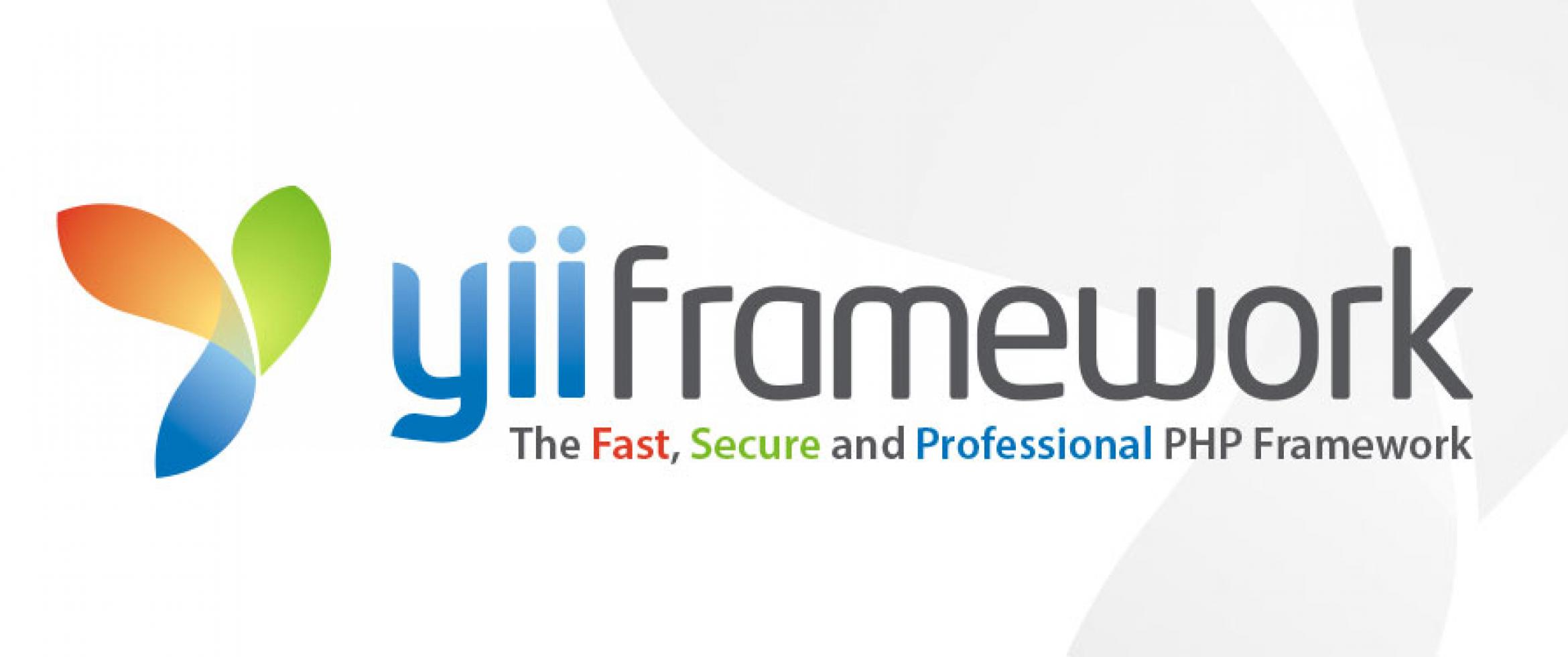
Yii 2 is integrated with jQuery, and it comes with a set of AJAX-enabled features, and it implements an easy-to-use skinning and theming mechanism, so it can be a great choice for someone who comes from a frontend background. It has also a powerful class code generator called Gii that facilitates object-oriented programming and rapid prototyping, and provides a web-based interface that allows you to interactively generate the code you need.
Zend Framework
Zend is a robust and stable PHP framework packed with a lot of configuration options therefore it’s usually not recommended for smaller projects but excellent for more complex ones. Zend has partners such as IBM, Microsoft, Google and Adobe. The coming major release, Zend Framework 3 will be optimized for PHP 7 , but will still support PHP 5.5 onwards.
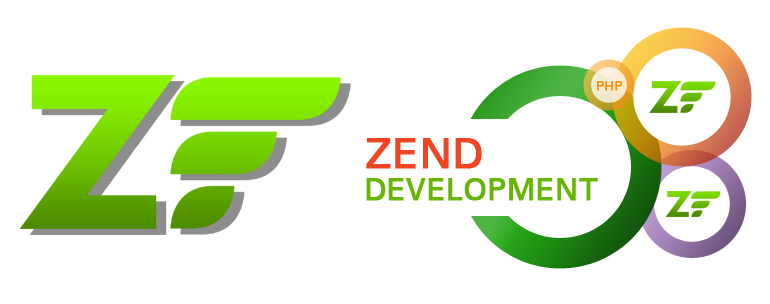
The current release, Zend Framework 2 also has many cool features such as cryptographic coding tools, an easy-to-use drag and drop editor with support for front-end technologies (HTML, CSS, JavaScript), instant online debugging and PHP Unit testing tools, and a connected Database Wizard. Zend Framework was created with the Agile methodology that facilitates delivering high-quality apps to enterprise clients.
CakePHP
CakePHP is already a decade old (the first version was released in 2005), but it’s still among the most popular PHP frameworks, as it has always managed to keep up with time. The latest version, CakePHP 3.0 enhanced session management, improved modularity by decoupling several components, and increased the ability of creating more standalone libraries.
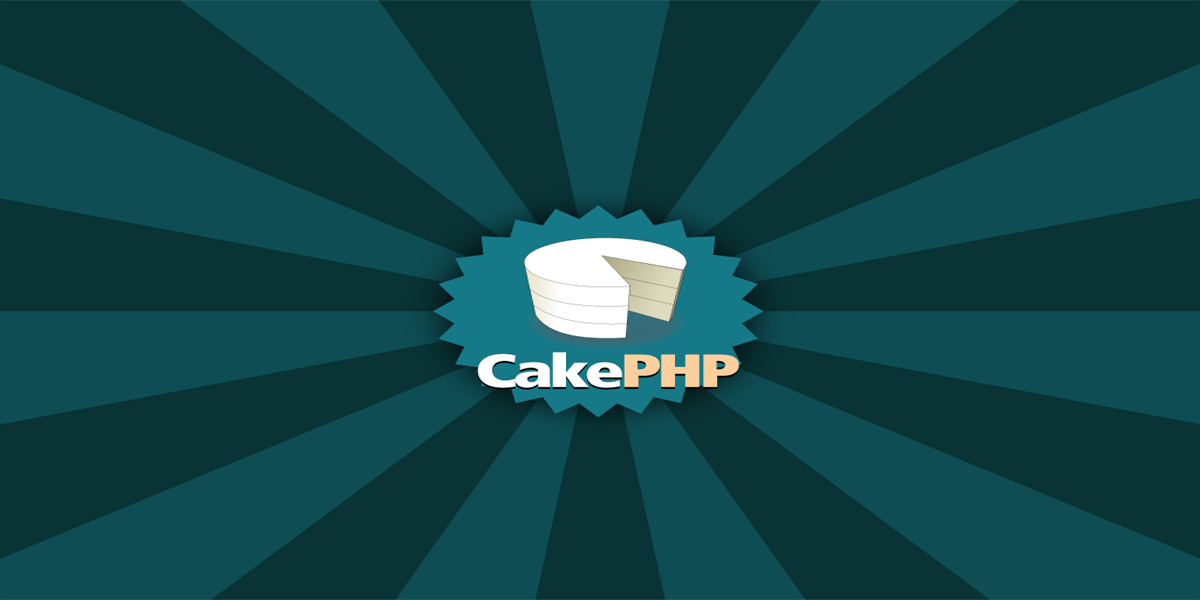
CakePHP has a really remarkable showcase, it powers the websites of big brands such as BMW, Hyundai, and Express. It is an excellent tool for creating web apps that need high-level of security, as it has many built-in security features such as input validation, SQL injection prevention, XSS (cross-site scripting) prevention, CSRF (cross-site request forgery) protection, and many others.
Phalcon
The Phalcon framework was released in 2012, and it quickly gained popularity among PHP developers. Phalcon is said to be fast as a falcon, because it was written in C and C++ to reach the highest level of performance optimization possible. Good news is that you don’t have to learn the C language, as the functionality is exposed as PHP classes that are ready to use for any application.
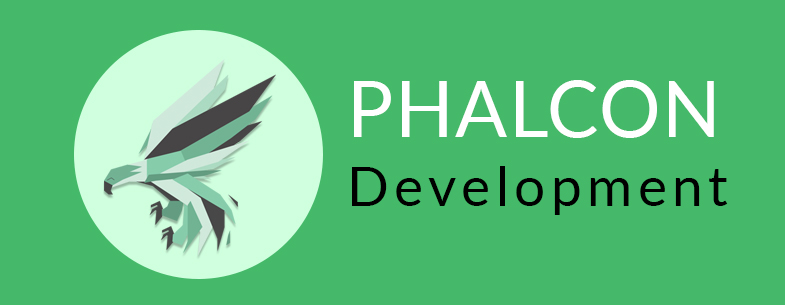
As Phalcon is delivered as a C-extension, its architecture is optimized at low levels which significantly reduces the overhead typical of MVC-based apps. Phalcon not only boosts execution speeds, but also decreases resource usage. Phalcon is also packed with many cool features such as a universal auto-loader, asset management, security, translation, caching, and many others. As it’s a well-documented and easy-to-use framework, it’s definitely worth a try.

